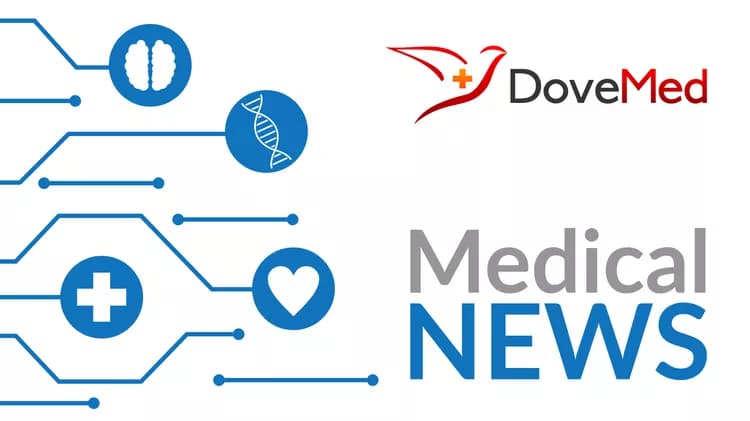
Hastings Center Report, July-August 2023 Issue
The Moral Difference between Faces and FaceTime
Kyle E. Karches
Although telemedicine can be useful in certain situations, physicians should not consider it an adequate substitute for the office visit, writes Karches, an associate professor of health care ethics and internal medicine at St. Louis University. While seeing the potential for telemedicine to improve care for certain patients, he is concerned about what may be lost if telemedicine comes to replace many in-person visits. Telemedicine rules out an embodied encounter between physician and patient, in which the sense of touch has special importance.
Another Voice
Facing Progress with Pragmatism: Telemedicine and Family Medicine
Marc Tunzi
The singular expertise of family physicians is the ability to manage complexity with pragmatism, both clinically and ethically. Telemedicine raises multiple questions about the nature of the patient-physician relationship as manifested in clinical encounters. Some of these questions are concerning, underscoring the need to assess whether medical care is better with this new technology—or if it is just different or maybe even worse. It seems clear, however, that, regardless of its limitations, telemedicine is here to stay. The pragmatic complex ethical question, then, is how all of us together—both medical professionals and society at large—will manage it.
The Moral Value of Telemedicine to the Physician‐Patient Relationship
Benjamin S. Wilfond
Wilfond, a pediatric pulmonologist who cares for extremely premature babies, writes that his experience as a clinician was very positive and learning how to use telemedicine has made him a better doctor. An appointment can be a virtual house call that takes less time for his patient’s family and allows him to learn even more about their home. While there are limitations of telemedicine, there are good ethical reasons for clinicians to support the broader use of telehealth, including equity, efficiency, effectiveness, and respecting preferences. Empirical health-services research that assesses satisfaction, quality, and health outcomes will be necessary to determine the impact of telehealth on a population level to ensure that is used in a way that promotes equity in care.
Also in this issue:
Essay—Case Study
Smuggled Doughnuts and Forbidden Fried Chicken: Addressing Tensions around Family and Food Restrictions in Hospitals
Megan A. Dean and Laura Guidry-Grimes
It is a common practice for family members to bring food to hospitalized loved ones. However, in some cases, this food contravenes a patient's dietary plan. Such situations can create significant tension and distrust between health care professionals and families and may lead the former to doubt a family's willingness or ability to support patient recovery. This case-study essay offers an ethical analysis of these situations and offers strategies for creative problem-solving that center diet as a subject for shared decision-making and regular, ongoing communication among health care professionals, patients, and families.
Table of Contents Hastings Center Report: Vol 53, No 4 (wiley.com)
For more information, contact:
Susan Gilbert
Director of Communications
The Hastings Center
845-424-4040 x244
gilberts@thehastingscenter.org.
JOURNAL
The Hastings Center Report
METHOD OF RESEARCH
Commentary/editorial
SUBJECT OF RESEARCH
People
Related Articles
Test Your Knowledge
Asked by users
Related Centers
Related Specialties
Related Physicians
Related Procedures
Related Resources
Join DoveHubs
and connect with fellow professionals

0 Comments
Please log in to post a comment.